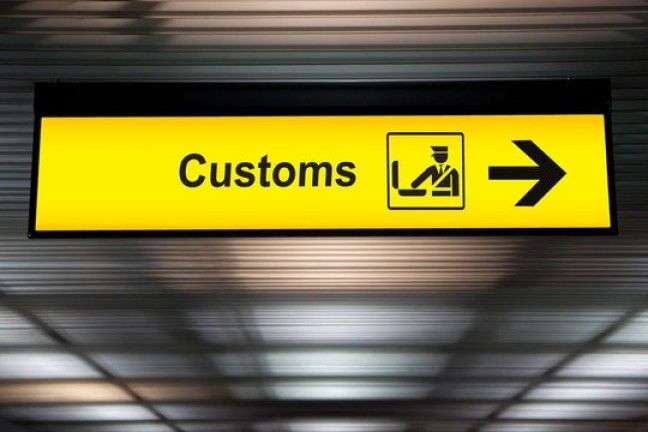The Board of Customs and Excise plays a pivotal role in overseeing the collection of customs duties and excise taxes within a country’s jurisdiction. This guide provides an overview of its functions, examples, and responsibilities, emphasizing its significance in revenue administration.
Table of Contents
What is the Board of Customs and Excise?
The Board of Customs and Excise is a governmental authority responsible for regulating and administering customs duties and excise taxes. It ensures compliance with import and export regulations, collects duties on imported goods, and manages excise taxes on specific goods produced domestically.
Key Aspects of Board of Customs and Excise
- Revenue Collection: Collects customs duties and excise taxes to generate government revenue.
- Trade Regulation: Regulates the movement of goods across borders to protect national interests.
- Enforcement: Enforces customs laws and regulations to prevent smuggling and ensure fair trade practices.
Functions of the Board of Customs and Excise
1. Customs Duties Administration
- Tariff Classification: Classifies imported goods according to tariff schedules to determine applicable duties.
- Valuation: Assesses the customs value of imported goods for duty calculation purposes.
2. Excise Tax Management
- Excisable Goods: Manages excise taxes on goods such as alcohol, tobacco, and fuel produced domestically.
- Licensing: Issues licenses to manufacturers and distributors of excisable goods.
Examples of Board of Customs and Excise
Scenario
- Country A: The Board of Customs and Excise in Country A oversees the importation of goods, levies customs duties on imported products, and ensures compliance with trade regulations. It collaborates with other agencies to prevent illegal trafficking and protect national interests.
- Country B: In Country B, the Board manages excise taxes on alcoholic beverages and tobacco products, ensuring manufacturers comply with tax obligations and licensing requirements.
Responsibilities of the Board of Customs and Excise
1. Trade Facilitation
Facilitates international trade by streamlining customs procedures, reducing trade barriers, and promoting economic growth through efficient trade practices.
2. Border Security
Ensures national security by preventing illegal trafficking of goods, controlling the movement of restricted items, and safeguarding borders from illicit activities.
Importance of Board of Customs and Excise
1. Revenue Generation
Contributes to government revenue through the collection of customs duties and excise taxes, funding public services and infrastructure development.
2. Trade Compliance
Ensures compliance with international trade agreements, customs regulations, and excise tax laws to promote fair trade practices and protect domestic industries.
Challenges and Considerations
1. Smuggling and Illicit Trade
Challenges in combating smuggling activities, counterfeit goods, and illicit trade practices that undermine customs and excise enforcement efforts.
2. Technological Integration
Adapting to technological advancements for efficient customs processing, risk assessment, and enforcement of trade regulations in a globalized economy.
Conclusion
The Board of Customs and Excise plays a vital role in regulating international trade, collecting revenue, and enforcing customs and excise laws to protect national interests and promote economic stability. By facilitating trade, ensuring compliance, and safeguarding borders, the board contributes to sustainable economic development and governance. Understanding its functions and responsibilities is essential for stakeholders involved in trade, taxation, and economic policy.





